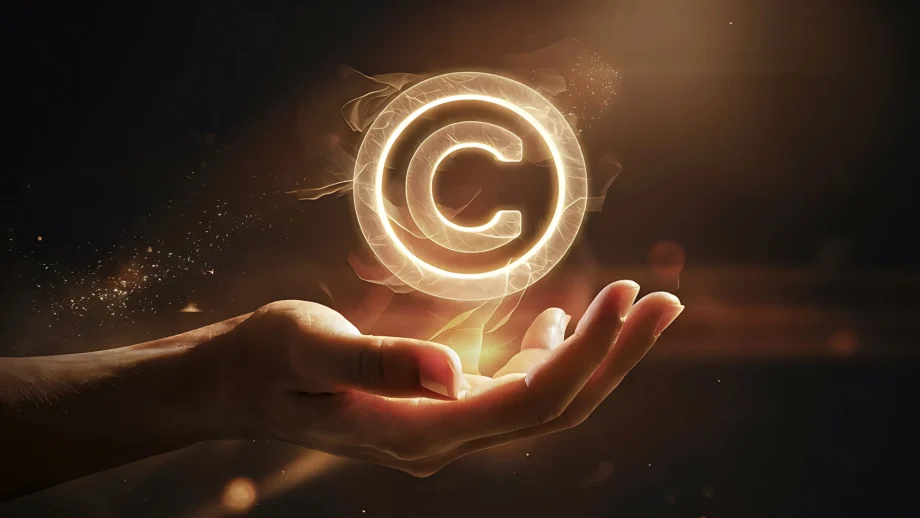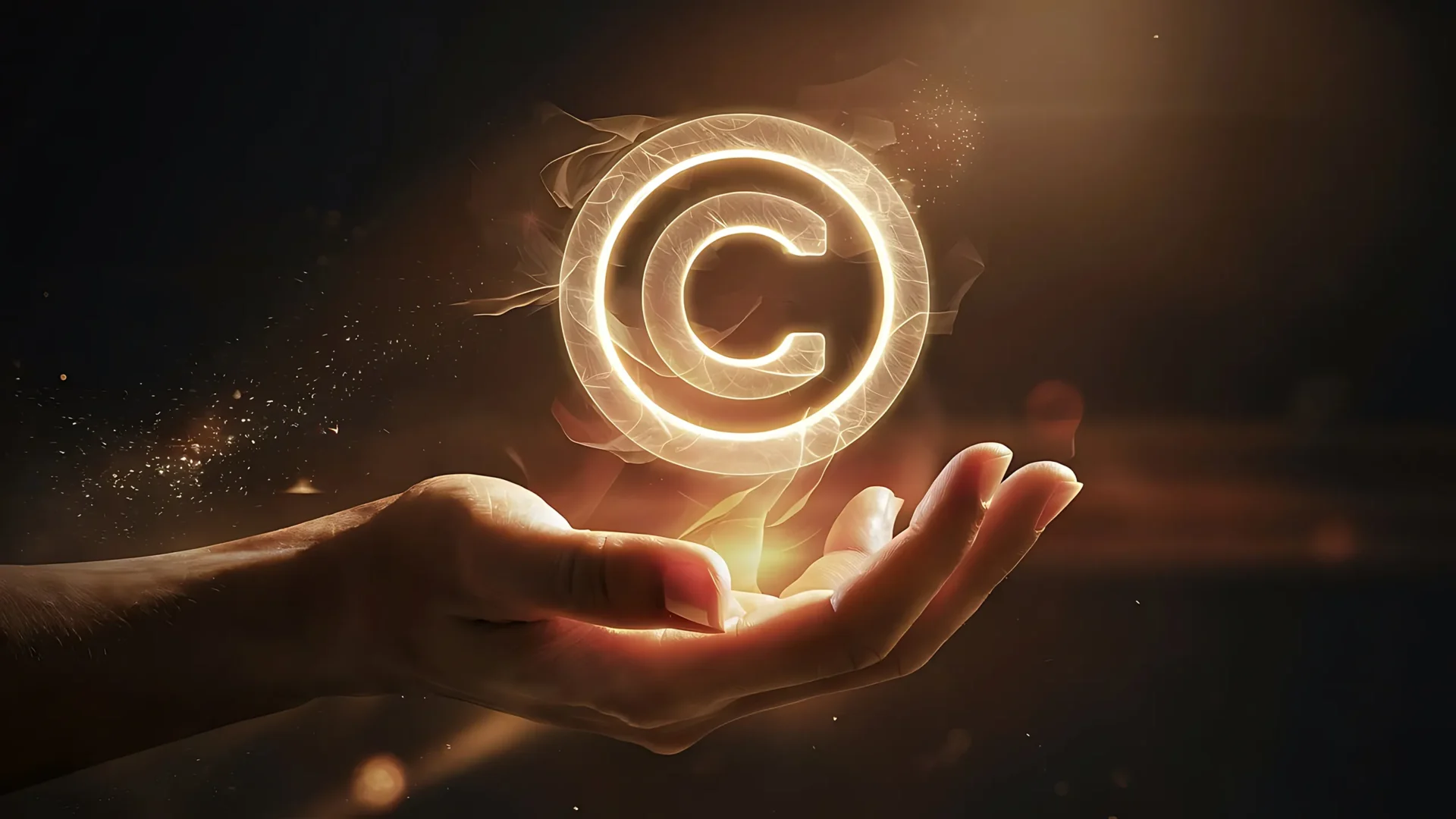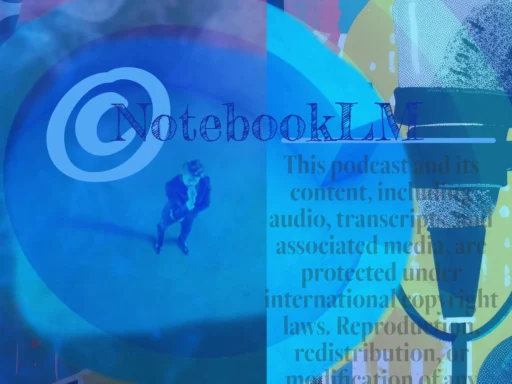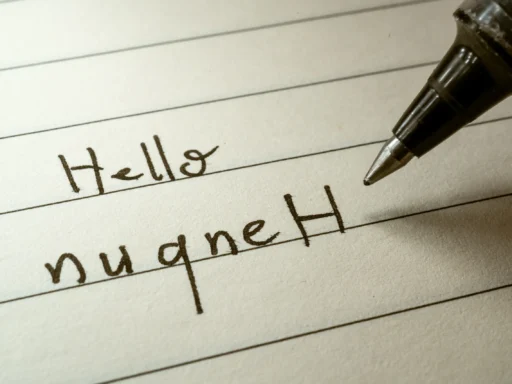Understanding Copyright and Privacy Policies for Podcast Content Created with NotebookLM in Germany
Table of Contents
- Introduction
- Copyright Over Podcast Content Created Using NotebookLM
- General Privacy Policies on Using NotebookLM
- Applicability of German Terms and Conditions to Other European Countries
- Conclusion
- Disclaimer
Introduction
With the rise of AI-powered tools like NotebookLM, content creators are exploring new ways to generate podcasts and other media. However, this innovation raises important questions regarding copyright ownership and data privacy, especially under Germany’s specific terms and conditions, which may also influence users in other European countries. This article aims to clarify these issues by examining Google’s terms and privacy policies as they apply to NotebookLM users.
Copyright Over Podcast Content Created Using NotebookLM
General Principles of Copyright in Germany and Europe
In Germany and across Europe, copyright law generally grants the creator of an original work exclusive rights over its use and distribution. This means that if you create a podcast using your own original content, you typically own the copyright to that content. However, when using AI tools like NotebookLM, it’s essential to understand how the tool’s terms of service might affect your rights.
Impact of Google’s Terms and Conditions
Google’s terms and conditions, specifically tailored for Germany, can be found here. These terms apply to all users of NotebookLM and outline how content is handled:
- User Responsibility: Users must secure all necessary rights to any data or content they use within Google’s services, including NotebookLM. This means you are responsible for ensuring that any third-party content included in your podcast is used legally.
- Licence to Google: By using Google’s services, you grant Google a licence to use your content for specific purposes, such as improving their services. However, this licence does not transfer ownership of your content to Google.
- Prohibition of Illegal Content: Google’s terms prohibit the use of illegal content, which includes unauthorised use of copyrighted material. Using copyrighted material without permission could violate both copyright laws and Google’s terms.
Using Personal Content vs Google-Owned Content
- Personal Content: If your podcast includes content that you have created yourself, you generally retain the copyright to that material, even when using NotebookLM to produce it.
- Google-Owned Content: Incorporating content owned by Google or generated by NotebookLM’s AI could complicate your copyright claims. Since AI-generated content may involve proprietary algorithms or data, it’s unclear how this affects ownership rights. Users should exercise caution and consider seeking legal advice when including such content.
Note on AI-Generated Content: The copyright status of AI-generated content is a complex and evolving area. In some jurisdictions, copyright protection requires human creativity, and purely AI-generated content may not qualify. If you significantly contribute to and direct the creative process, you may claim authorship, but this can vary by country. It’s advisable to consult legal expertise on this matter.
General Privacy Policies on Using NotebookLM
Data Handling by NotebookLM
Google’s privacy policies for NotebookLM are detailed in their Privacy Notice and the general Privacy Policy:
- No Use of Personal Data for Training: Google states that it values user privacy and does not use your personal data to train NotebookLM.
- Human Review:
- Consumer Accounts: If you’re using a consumer Google account and provide feedback, human reviewers may review your queries, uploads, and the model’s responses for troubleshooting, addressing abuse, or making improvements. Users are advised to avoid submitting any information they wouldn’t feel comfortable sharing.
- Workspace Accounts: For Google Workspace or Education users, your uploads, queries, and the model’s responses in NotebookLM will not be reviewed by human reviewers and will not be used to train AI models.
Differences Between Consumer and Workspace Accounts
- Consumer Google Accounts:
- Data Review: Potential human review if you provide feedback.
- User Caution: Avoid submitting sensitive information you’re uncomfortable sharing.
- Google Workspace Accounts:
- Enhanced Privacy: No human review of your data.
- Data Use: Your data is not used to train AI models.
Compliance with German and European Privacy Laws
- GDPR Compliance: Google’s handling of data must comply with the General Data Protection Regulation (GDPR), which applies across the European Union, including Germany.
- User Consent: Users must obtain legally valid consent from end-users in the European Economic Area (EEA), the UK, and Switzerland for data collection and ad personalisation when using Google products on properties they control.
- Third-Party Data: Sharing end-user data from third-party properties requires compliance with data privacy obligations, meaning you must ensure you have the right to share such data.
Applicability of German Terms and Conditions to Other European Countries
While Google’s terms and conditions are specific to Germany (available here in German), they may influence or be similar to terms in other European countries due to:
- EU Harmonisation: European Union directives aim to harmonise laws across member states, including those related to digital services and data protection.
- Local Variations: Despite harmonisation efforts, local laws and regulations can vary. Users in other European countries should review their country-specific terms and consult local legal resources.
- Jurisdiction and Governing Law: Google’s terms specify that German law governs the agreement and that disputes are subject to the jurisdiction of courts in Hamburg. This could impact users in Germany more directly than those in other countries.
Conclusion
Creating podcast content using NotebookLM involves navigating both copyright laws and privacy policies:
- Ownership: You likely retain copyright over your original content created with NotebookLM, but incorporating third-party or Google-owned content requires careful consideration.
- Privacy: Google has outlined how user data is handled, emphasising privacy and compliance with European laws like GDPR.
- Terms Applicability: While German terms and conditions apply specifically to users in Germany, they may offer insights or be similar to terms in other European countries due to EU regulations.
Users are encouraged to:
- Review Google’s Terms and Policies: Familiarise yourself with the Google Terms of Service and Privacy Policy.
- Consult Legal Professionals: For specific concerns about copyright and data privacy, especially when operating across different jurisdictions.
How copyright laws are applicable for podcasts and other content created on NotebookLM in a non-EU country is discussed in this article titled Can You Claim Copyright on Podcast Created with NotebookLM in India?.
Disclaimer
This article is intended for informational purposes only and does not constitute legal advice. While efforts have been made to ensure accuracy, laws and regulations may change, and interpretations can vary. Users should consult with a qualified legal professional for advice tailored to their specific situation.
Links for further reference:







